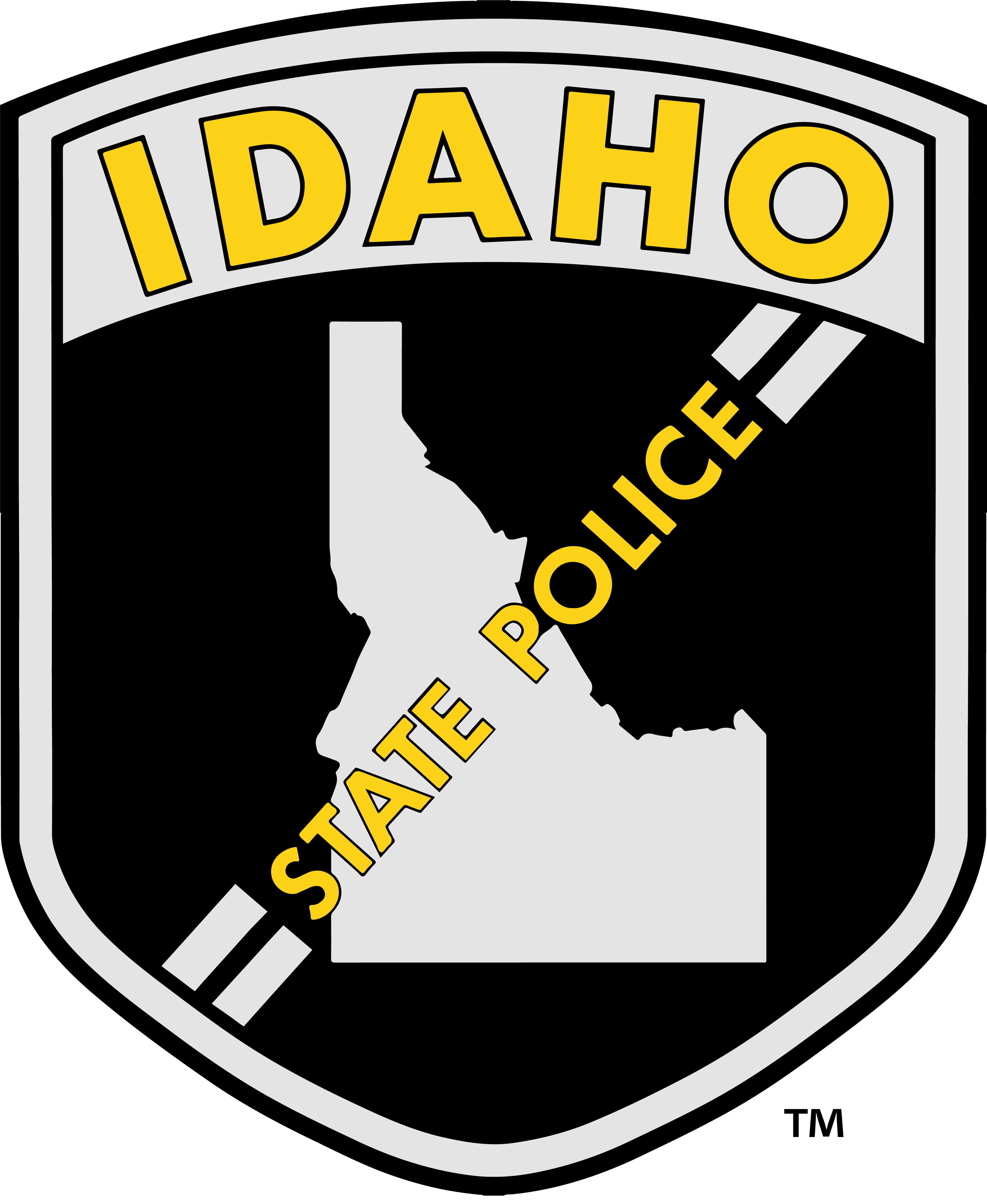Bill limiting flags in Idaho schools heads to House
Measure seeks to ban displays that “represent a political viewpoint”
BOISE — A bill that would limit flags and banners allowed in Idaho public schools has advanced to the House with a do-pass recommendation.
The bill would ban the display of flags and banners on Idaho public K-12 school properties that “represent a political viewpoint,” including political parties, race, sexual orientation, gender, or a political ideology.
House Education Committee members on Thursday heard a presentation of House Bill 10, which is repeated legislation from last March.
Rep. Ted Hill, R-Eagle, who presented the bill, said he is bringing the legislation back to address what he sees as a decline in patriotism in American students.
“We’re just trying to bring ourselves back, most importantly,” Hill said. “I want to have that classroom in the morning, when they come in, they see that American flag. We need to refocus on that thing right there that represents our unity.”
Hill said during questioning that he was prompted to bring the legislation after seeing a Pride flag in a video conference presentation by a teacher, as opposed to an American flag.
Debate over the bill was extensive, with many questions being raised regarding online learning environments, limitations on school versus personal property and the bill’s lack of an enforcement mechanism.
Rep. Monica Church, D-Boise, voiced her concerns regarding the bill’s language and definitions.
“My issue here is with the language and wording,” Church said. “I’m voting ‘no’ because this is a poorly written document and it does not meet standard.”
Rep. Jack Nelsen, R-Jerome, spoke to his uncertainty despite otherwise appreciating the bill’s intent.
“I love the basis of this bill but we’re going to take away the ability for critical thinking and knowing what these things represent,” Nelsen said. “Online classes are another issue. Somehow, we’re going to regret doing this because how do you define that?”
Despite these concerns, Nelsen voted in favor of the bill.
The committee heard in-person and remote testimony from Idaho residents both for and against the bill, with many being Idaho K-12 educators and students.
“Schools are not only places for academic learning, but also fostering engaged, thoughtful citizens and celebrating diverse ideas and backgrounds,” said Cassie Horner, a Boise public school teacher. “Limiting flag displays denies students opportunities to learn about the broader world and reflect on issues that will shape their futures.”
Some testifiers argued the symbols the bill seeks to limit are valuable to marginalized students, and that their identities aren’t inherently political.
“A person’s sexual orientation, race or gender are not political beliefs — they are characteristics of our Idaho students,” said Mary Tordella Ruckh, a Boise resident. “Those flags are not a political expression. Rather, they are an expression of support to students who might need the help. Helping students is something I’d hope all teachers would want, especially the vulnerable ones.”
Edward Clark from the Idaho Family Policy Center, a conservative Christian lobby group, supported the bill.
“People will dig their trenches and wage culture wars over the Pride flag, the Black Lives Matter flag or the Hamas flag … let’s promote the American flag and remind our students that our nation is worth cherishing,” Clark said.
The bill would allow exceptions, such as the official flags of states, countries, public schools and universities, and military branches.
Despite lingering questions and concerns expressed by committee members, the bill passed to the House in a 12-2 vote along party lines.
Jeff Carlson, a Boise resident and former educator who served as a substitute representative for Rep. Chris Mathias, D-Boise, spoke to his concerns with the vote.
“I believe that there’s a lot of confusion passed by legislation like this, where the word ‘official’ does have a legal meaning,” Carlson said. “If you look at the text of this bill, there’s a lot left up to interpretation. We want to have bills where everybody can be on the same page when they read it, and I think there was confusion across the committee, even those that sent it to the floor, with what it actually meant.”
The bill now goes to the House for a full vote.
Schwicht may be contacted at newsroom@idahopress.com.









